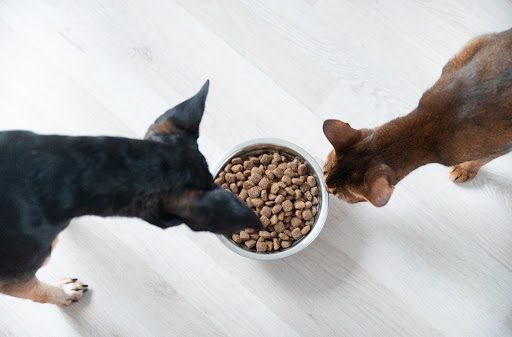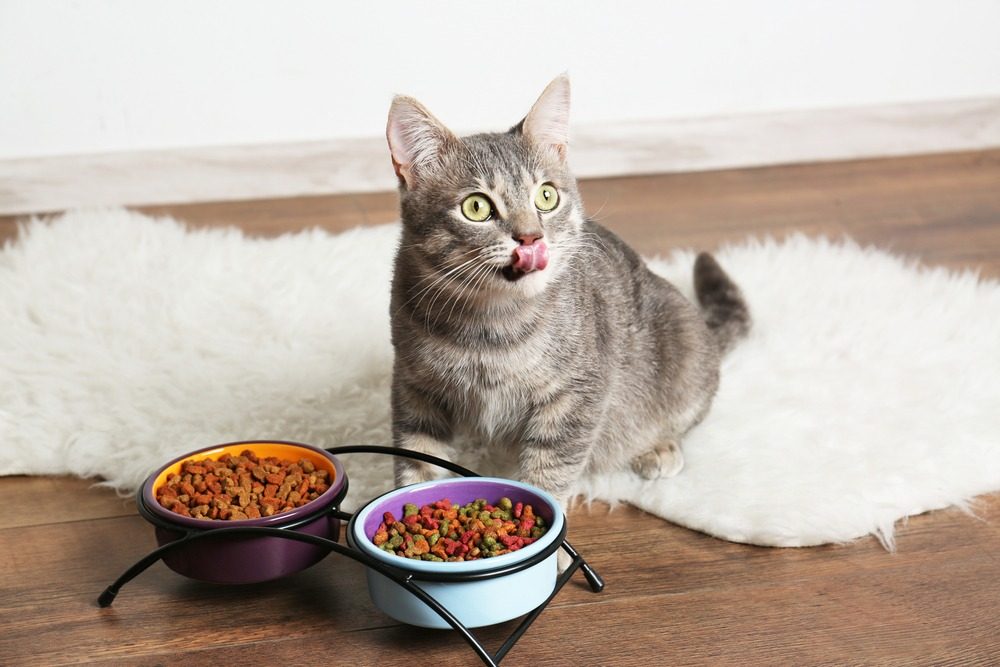Pet nutrition - the basics
Pet Nutrition, The basics.

Nutrition - the basics
Carbs
Carbs like starch, sugar, and fibre provide your pet with energy and help the digestive system function properly. Carbs are normally found in animal food containing wheat, rice, or vegetables.
Fats
Fats are a massively important part of your pet’s diet. Fats are their main source of energy, keep fur and skin healthy, help absorb vitamins, and protect organs. For cats and dogs, their main source of fats will be animal fats.
Proteins
While also providing energy, proteins help with cell growth, muscle repair, and regular body maintenance. They’re also the source of essential amino acids that must be provided through your pet’s diet. Protein comes from meat, and some veggies can be high in protein too.
Vitamins and minerals
If your pet has a balanced diet, they should be getting all the vitamins and minerals they need, so you won’t need to supplement them unless it is recommended by your vet.
Every pet is different.
So, now you know what pets generally need, but what about your pet specifically? The thing is, all pets are different, and what may be the perfect diet for one pet may not work well for another. Size, age, weight, breed, and overall health can all be deciding factors in what your pet should be eating.
How old is your pet?
Your pet’s diet will change as they grow. Kittens and puppies need a lot of protein to make sure they are growing healthily, while too much protein in older animals can cause health problems.

Know your pet food labels.
Beware buzz words and fad diets.
If in doubt, talk to your vet.
If you are struggling to find the right balance for your pet, or if you just want some advice on what they need, talk to our team. They should be able to help you find exactly what works best for your pet and keep them happy and healthy.